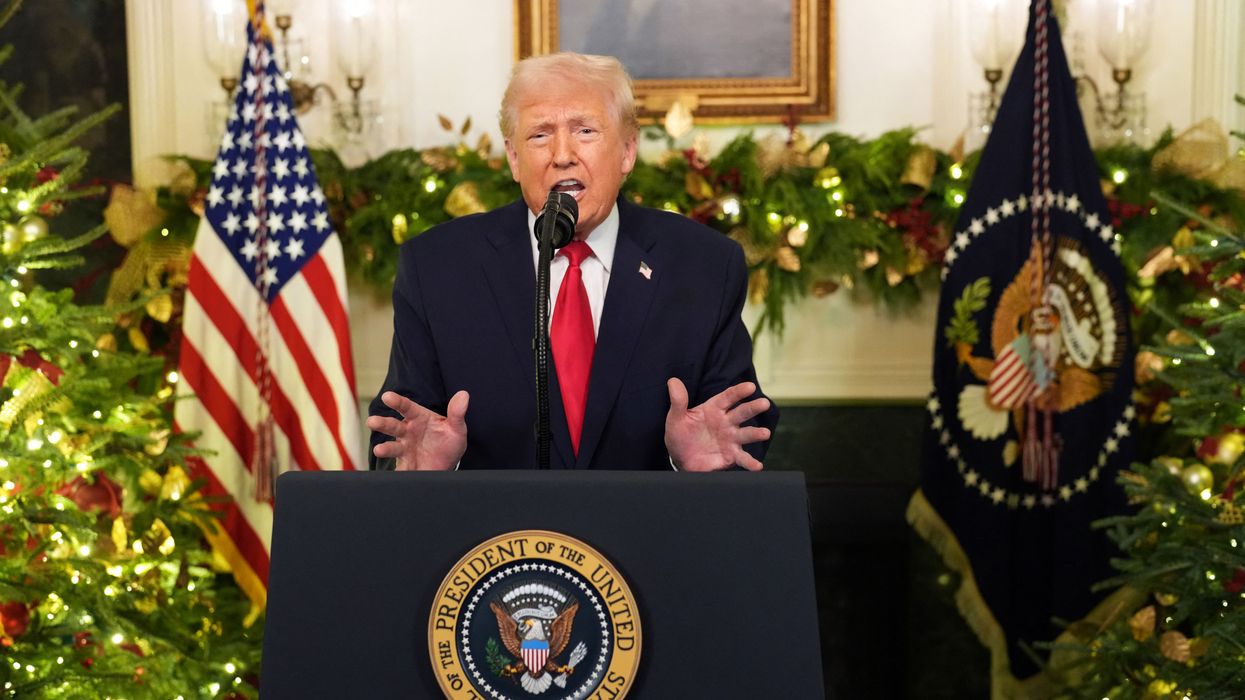The Union of Concerned Scientists (UCS) released a new white paper today on the need to establish governance structures and ensure meaningful public participation in solar geoengineering research before moving forward with small-scale atmospheric experiments. This paper calls on researchers and research funders to engage with publics and stakeholders across the research life cycle, from design to implementation to evaluation.
"Public participation is an essential part of responsible research, especially for emerging technologies like solar geoengineering," said Shuchi Talati, solar geoengineering research, governance and public engagement fellow at UCS and lead author of the white paper. "We've seen examples of emerging-technology research that included public participation as well as research that largely excluded the public and, as a result, created significant controversy. Given the global risks posed by solar geoengineering, every aspect of this research needs to be done right to ensure an inclusive and legitimate process."
Nations must swiftly and deeply reduce global warming emissions and remove carbon dioxide from the atmosphere, in a safe and sustainable manner, to limit some of the worst impacts of climate change. However, such efforts may still not be enough to avoid substantial harm. Some researchers are now evaluating the risks and potential of solar geoengineering as a possible additional measure to limit global warming.
Researchers are currently considering conducting small-scale atmospheric solar geoengineering experiments. So far, research has mostly been limited to computer models and natural observations, and questions about the future of solar geoengineering research have largely been debated outside of public view.
"Ensuring that the public, especially climate-vulnerable and marginalized communities, are able to provide input on solar geoengineering research should be a priority," said Peter Frumhoff, director of science and policy at UCS and co-author of the white paper. "Researchers and their funders have an opportunity and responsibility to engage diverse publics now, well in advance of any atmospheric experiments taking place."
The white paper notes that solar geoengineering could reduce temperatures at a relatively low cost, but there are other significant risks and uncertainties to consider.
"Scientists don't yet know the impacts solar geoengineering could have on global weather patterns and geopolitical stability," said Talati. "Reflecting the sun back out into the atmosphere also won't address the underlying cause of climate change. Proposed experiments therefore deserve intense scrutiny and should serve as touchstones for larger societal discussions of whether and under what conditions solar geoengineering should be considered."
Ten public engagement thought leaders across a range of disciplines and geographies were consulted in developing the white paper.
To read a related blog by Talati, click here. If you would like to interview Talati or Frumhoff, please contact UCS Communications Officer Ashley Siefert Nunes.




